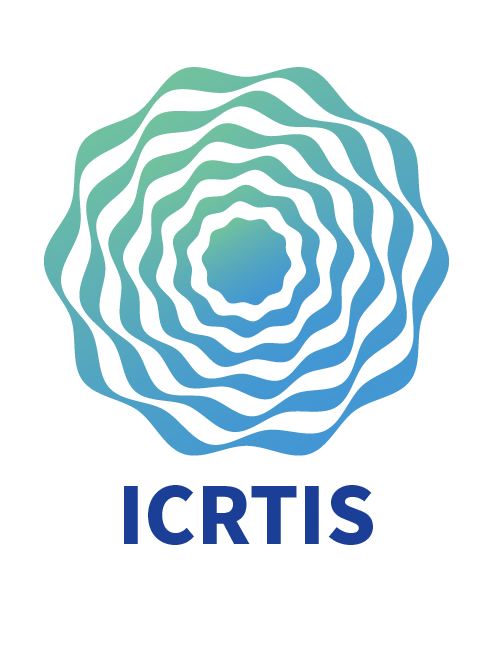All papaers, both invited and contributed, will be reviewed by two or three experts from the committees. After a careful reviewing process, all accepted papers will be published in the conference Proceedings, and it will be submitted to EI Compendex and Scopus for indexing.
Note: All submitted articles should report original results, experimental or theoretical, not previously published or being under consideration for publication elsewhere. Articles submitted to the conference should meet these criteria. We firmly believe that ethical conduct is the most essential virtue of any academic. Hence, any act of plagiarism or other misconduct is totally unacceptable and cannot be tolerated.




